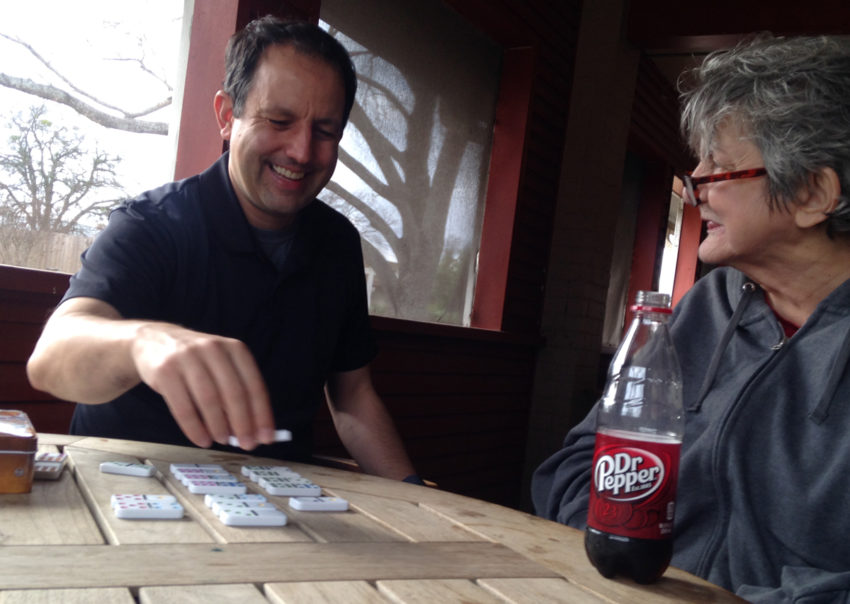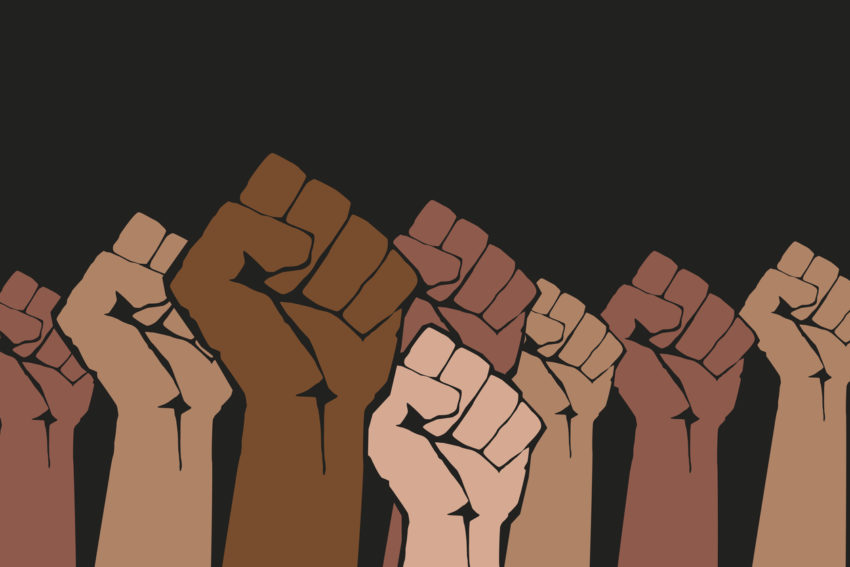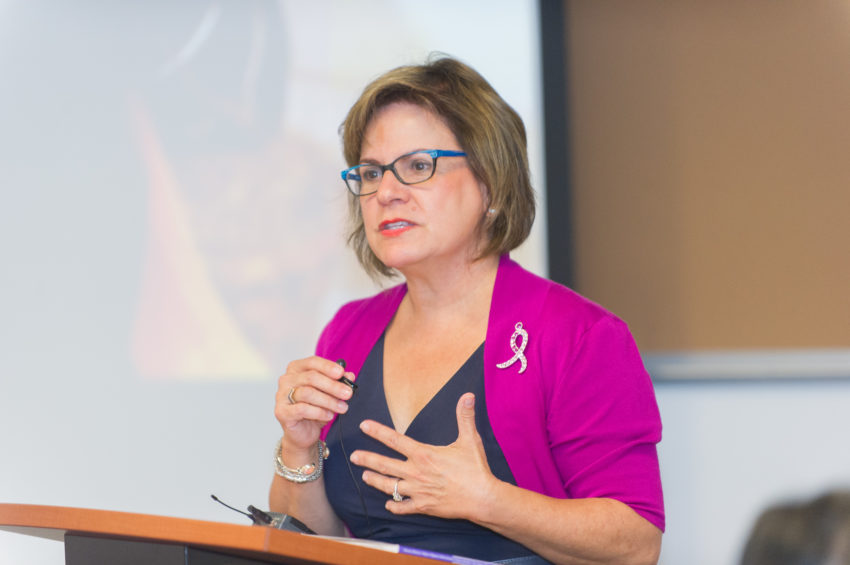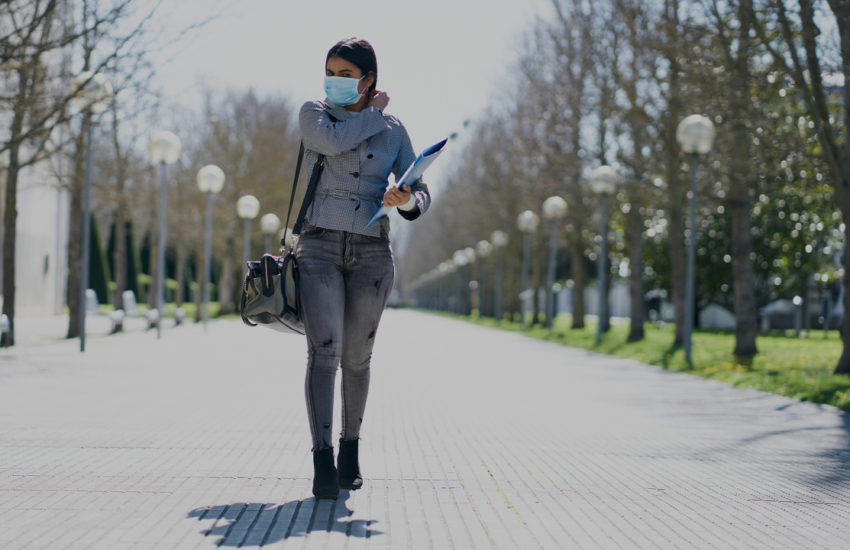Tell USDA: Limit Added Sugars in Dietary Guidelines!

Submit a comment to support strong limits on added sugars and no sugary drinks for toddlers in the scientific report that will help shape the 2020-2025 Dietary Guidelines for Americans. A federal committee released the scientific report on July 15, 2020, after spending months reviewing data and over 55,000 public comments—including some from Salud America! members. USDA and HHS will use the scientific report and comments to draft the 2020-2025 Dietary Guidelines for Americans. You can comment on the report through Aug. 13, 2020. Marion Nestle, a nutrition researcher, told CNN that the report has "stronger recommendations" than past guidelines. This includes no sugary drinks for children up to age 2. "At the outset, I was concerned that the committee members might be ...
Read More






